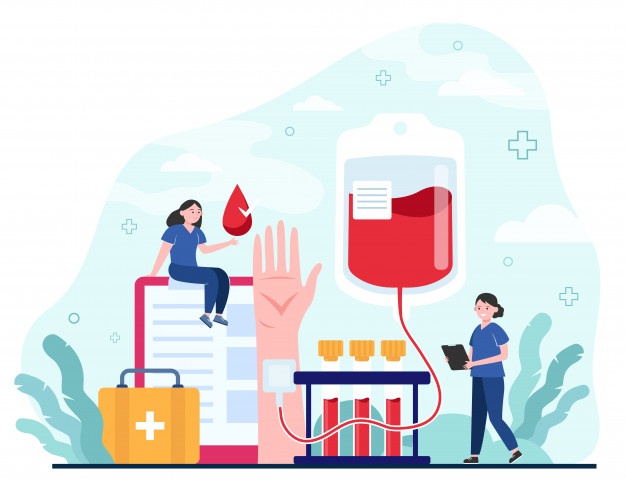The blood market accounted for $7,201 million in 2020, and is expected to reach $10,253 million by 2027, registering a CAGR of 4.5% from 2020 to 2027.
Blood is vital for life and is required for normal functioning of the human body. Furthermore, bone marrow is responsible for the production of blood cells in the body. However, various medical conditions can lead to altered level of blood, which can be fatal for a patient. For instance, medical conditions such as chronic kidney diseases, cancer, and hemophilia B require blood transfusions for treatment. Moreover, in event of a trauma, which causes injury to a patient, blood transfusion is might be required for treatment based on the nature of the injury. Similarly, surgeries can also lead to major blood loss leading to the need for blood transfusions. Furthermore, plasma is a major content of blood and low level of plasma in the body can hamper normal functioning. Thus, patients who suffer from medical conditions such as liver diseases lead to lower plasma level requiring plasma transfusions. Thus, collection of blood is a necessary task and requires the use of reagents and blood collection systems. Moreover, the collected blood is subjected to screening, which further requires use of systems and reagents. This collected and screened blood is then circulated to various end users such as blood and blood component banks, diagnostic laboratories, ambulatory surgical centers, and hospitals.
Get PDF Brochure https://bit.ly/2WEWTlh






